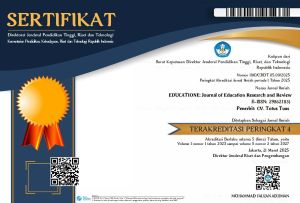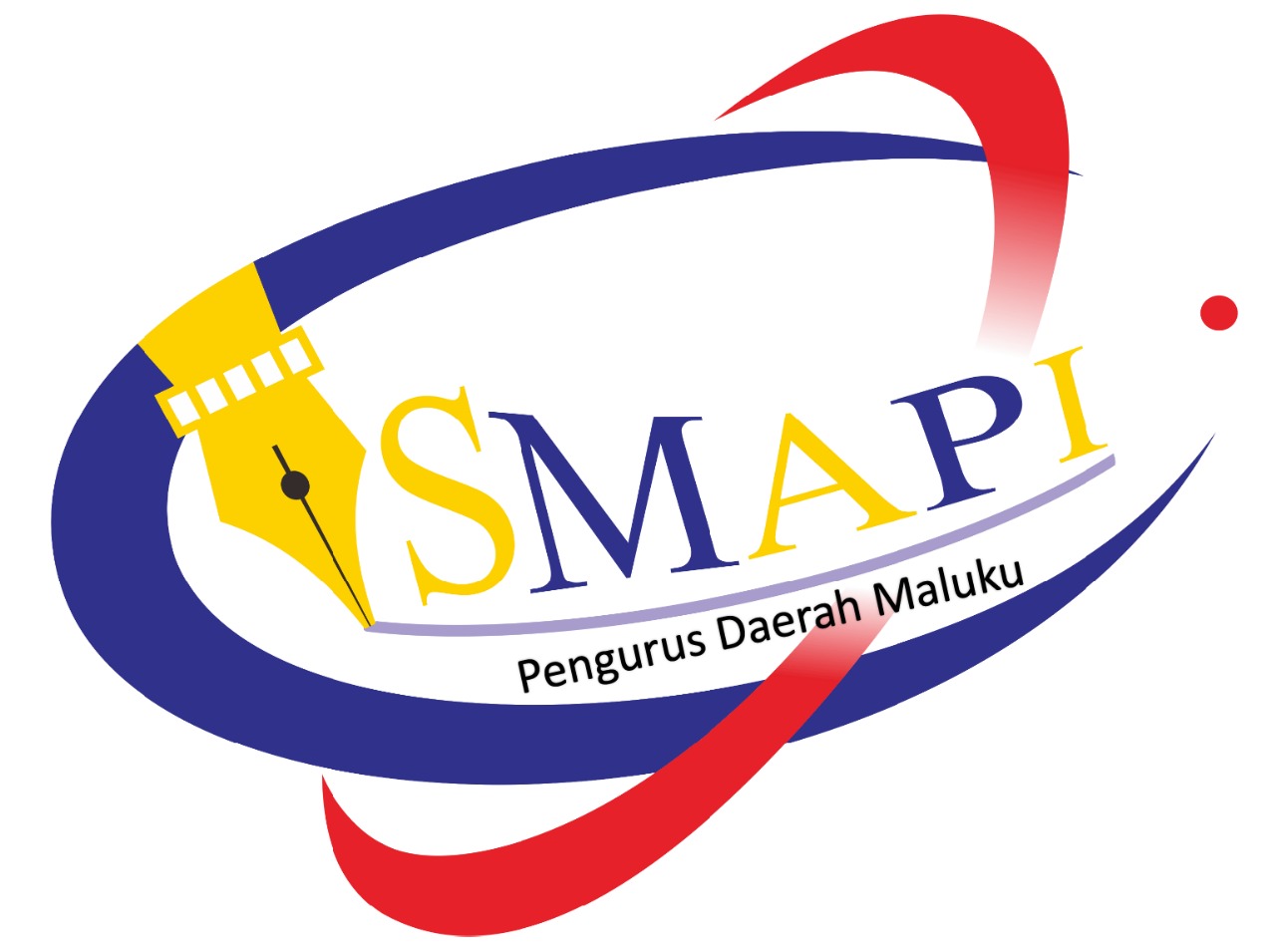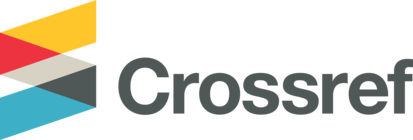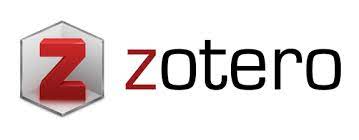EDUCATIONAL IMPLICATIONS OF SOCIAL MEDIA INTENSITY ON UNIVERSITY STUDENTS’ PSYCHOLOGICAL WELL-BEING: A CORRELATIONAL STUDY
DOI:
https://doi.org/10.59397/edu.v3i2.133Keywords:
Digital literacy, Psychological well-being, Social media intensity, University students, Usage patternsAbstract
University students in Indonesia are experiencing emerging adulthood, a period marked by identity exploration, instability, and heightened sensitivity to social feedback, making psychological well-being (PWB) a critical resource for adaptive functioning. Social media has become central to students’ academic coordination, social connection, and identity work, yet its effects on well-being remain debated internationally and locally. This study aimed to examine the relationship between social media usage intensity and PWB among undergraduate students of the Faculty of Teacher Training and Education (FKIP), Universitas Sanata Dharma, cohort 2021. A quantitative correlational design was employed, using proportionally distributed samples (N = 278) from the faculty. Social media intensity was operationalized across four dimensions—attention, immersion, duration, and frequency—while PWB was assessed using Ryff’s six dimensions. Data were collected through validated Likert-scale questionnaires (reliability: α = 0.993 for intensity; α = 0.907 for PWB) and analyzed using Spearman’s rho correlation. Results showed that most students reported high to very high intensity (73.7%) and high to very high PWB (66.2%). A small but significant negative correlation emerged between intensity and PWB (ρ = –0.134, p = .026), indicating that heavier use is modestly associated with lower well-being. The study concludes that while social media engagement is pervasive, its negative impact on PWB is minimal at the cohort level, suggesting that individual usage patterns and regulatory skills moderate outcomes. Findings are beneficial for guiding digital literacy programs, well-being modules, and nuanced policies focusing on purposeful, active engagement. Future research should employ longitudinal or experimental designs and differentiate between active and passive use.
Downloads
Published
How to Cite
Issue
Section
Citation Check
License
Copyright (c) 2025 EDUCATIONE

This work is licensed under a Creative Commons Attribution 4.0 International License.



















